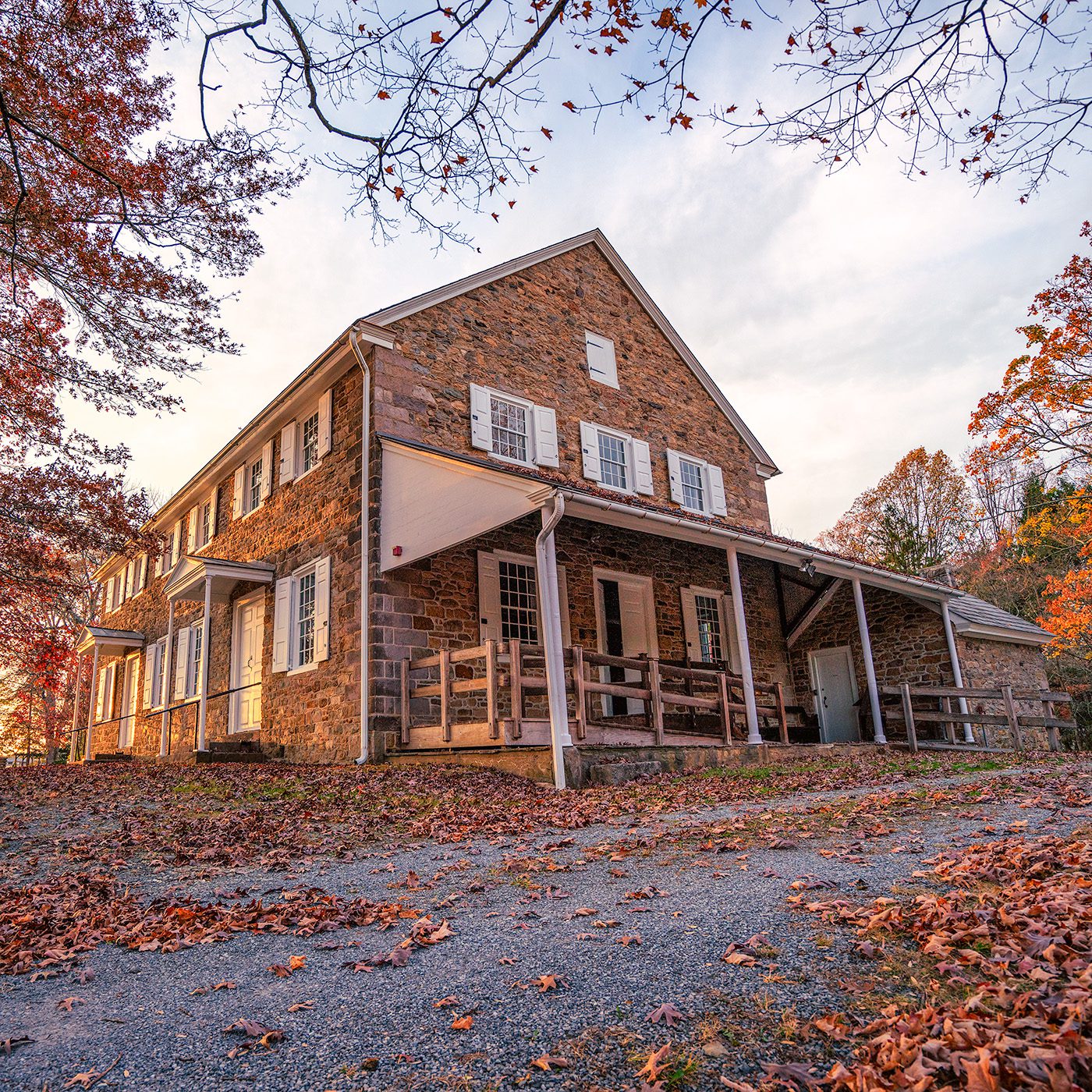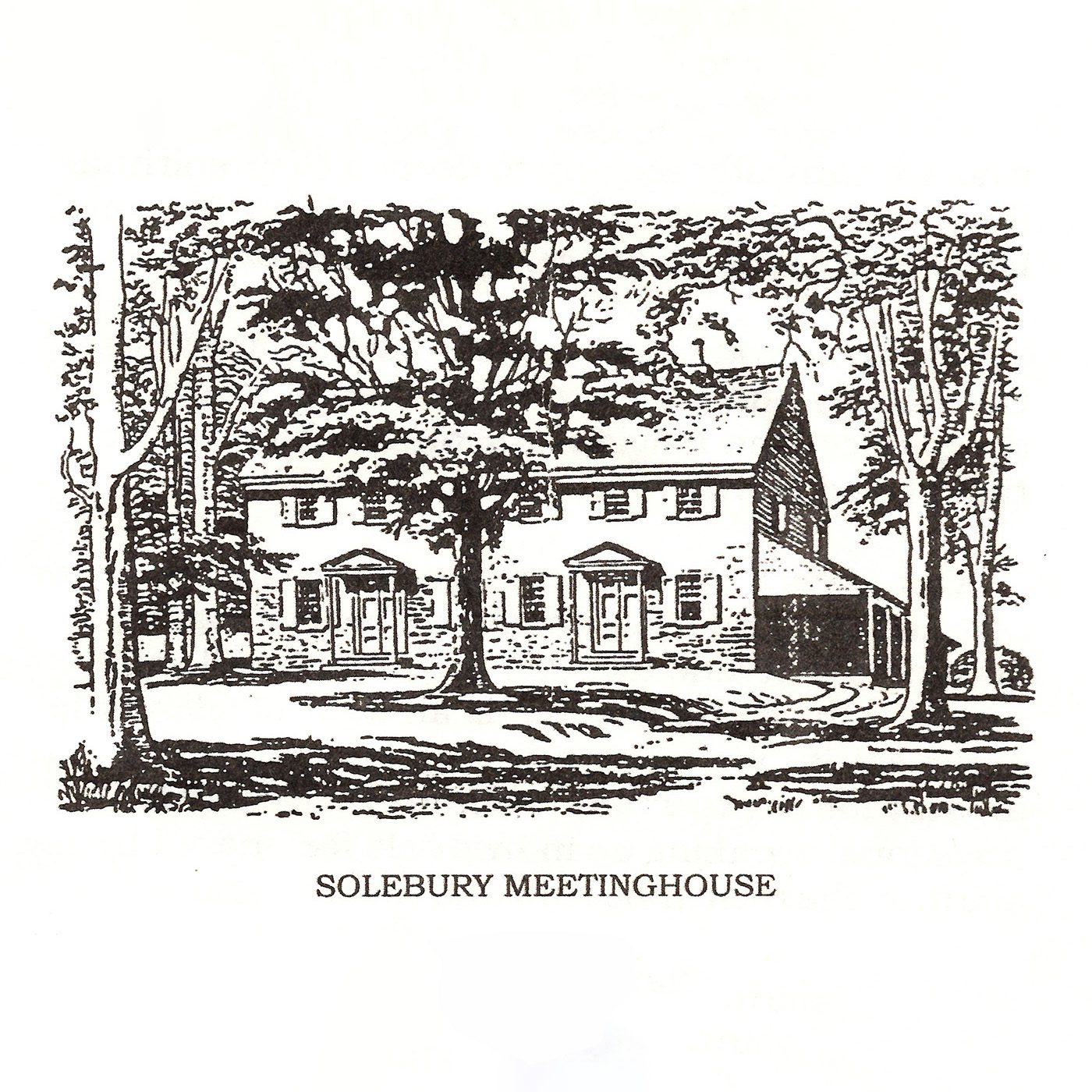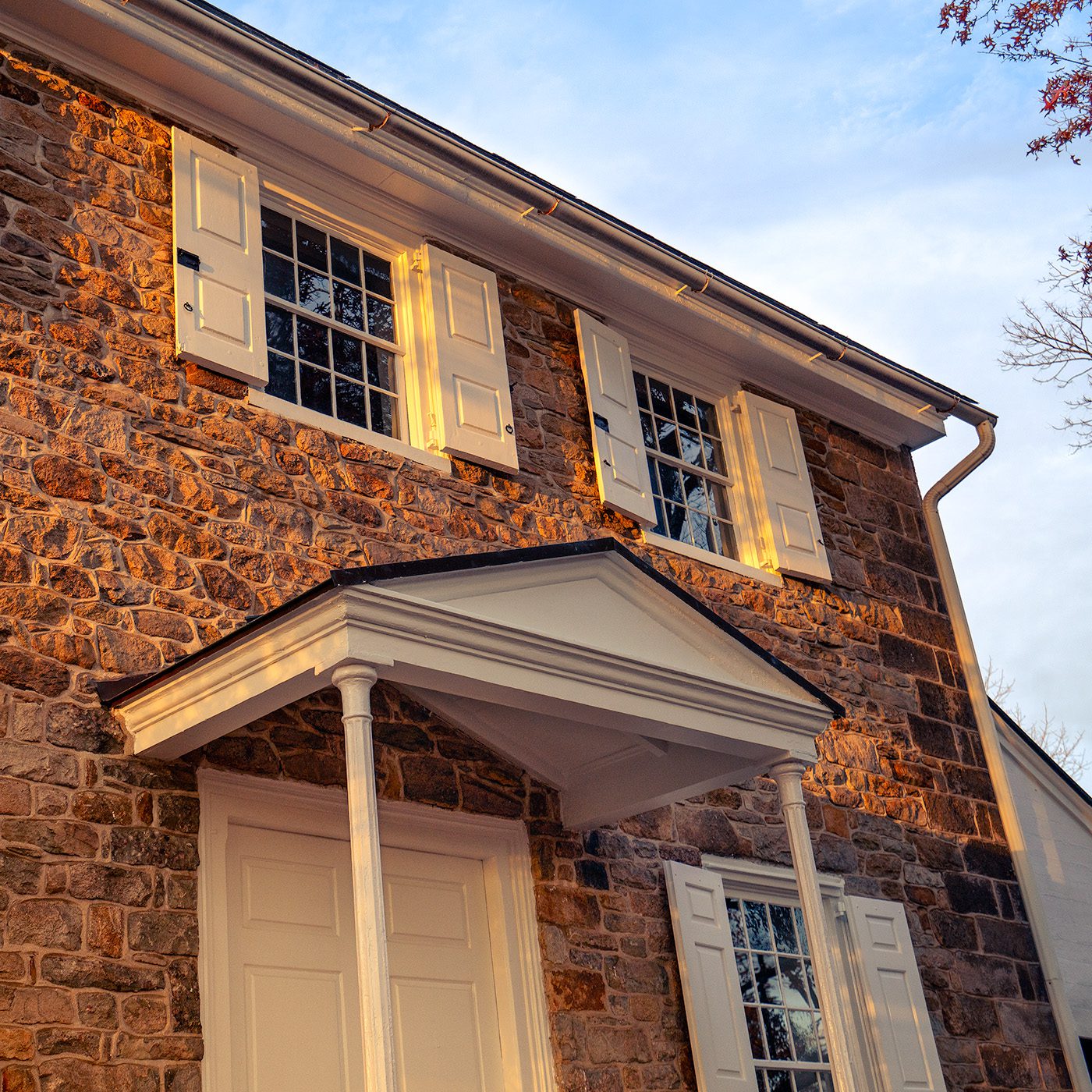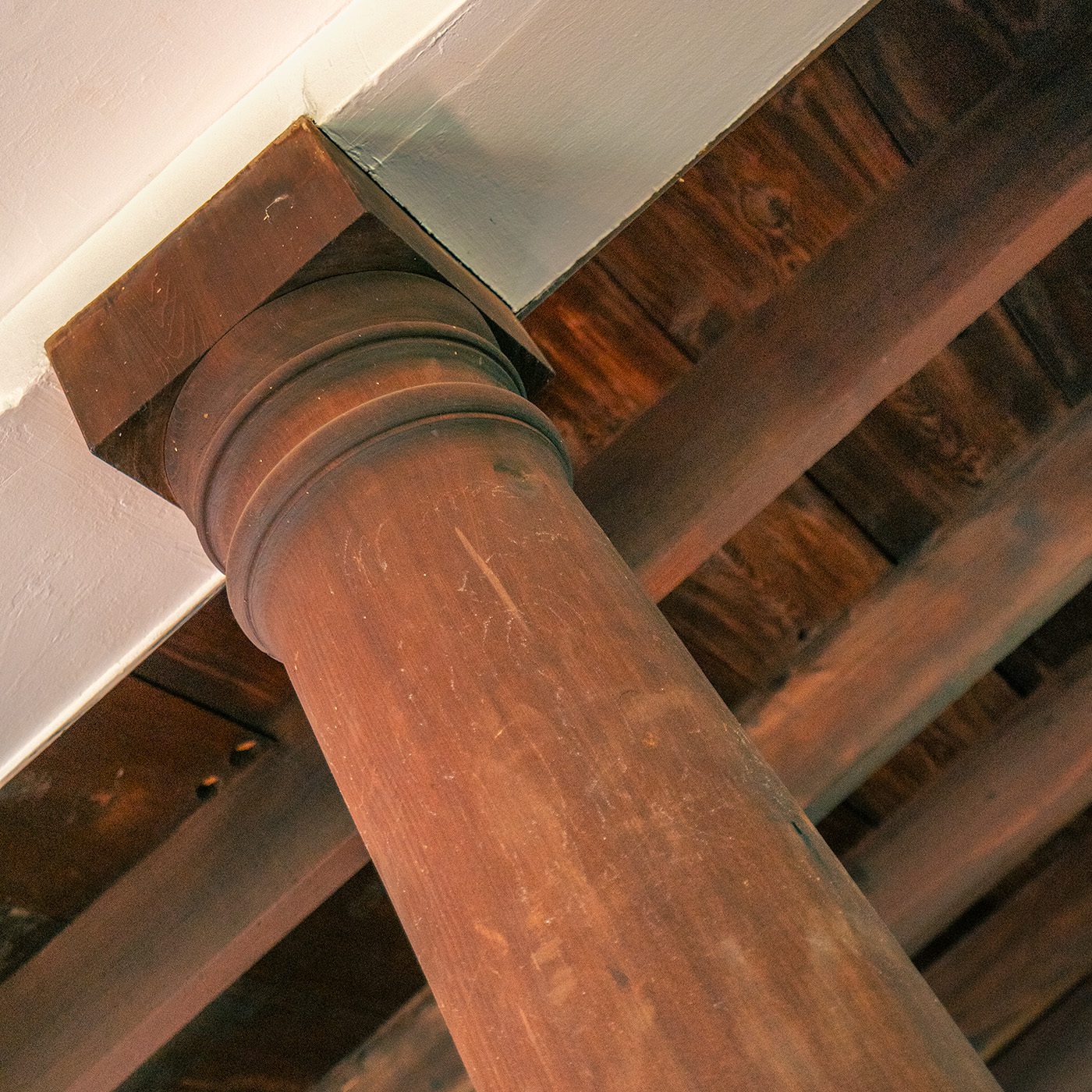Solebury Friends Meeting Committees
The following committees of Solebury Friends Meeting are active as of July 2024.
Audit Committee
Oversees the functions of the Treasurer and Assistant Treasurer. It ensures that standard bookkeeping practices are maintained and that monies are expended according to the approved Annual Budget. The Committee also monitors our investments in the Friends Fiduciary and our insurance policies. The Committee oversees the functions of the Treasurer and Assistant Treasurer. It ensures that standard bookkeeping practices are maintained and that monies are expended according to the approved Annual Budget. The Committee also monitors our investments in the Friends Fiduciary and our insurance policies.
Buckingham Friends School Board of Trustees
A member of Meeting serves as our representative on the Buckingham Friends School Board.
Budget Committee
Responsible for preparing an annual budget for the Meeting which is presented for approval at the annual Corporation Meeting for Business.
Financial Resources Committee
Oversees and encourages the responsibility for members’ annual giving to Solebury Meeting and carries out our Long Range Financial Development Planning.
Graveyard Committee
Oversees the care, maintenance and operation of the graveyard. The Clerk is responsible for arranging for grave purchases and openings, and the placement of gravestones.
Hospitality Committee
Responsible for organizing social gatherings involving the serving of food. In addition to annual events, such as Family Day and Christmas, the Committee organizes our monthly social hour. In the event of the death of a member, the Committee may be asked to provide refreshments following a memorial service.
House & Grounds Committee
Charged with the care and maintenance of our buildings and our property. It annually presents a proposed budget for capital expenses to Monthly Meeting. The Clerk of the Committee has primary oversight of our caretakers and maintains a schedule of building uses.
Inreach & Outreach Committee
Charge to make Solebury Friends Meeting stronger, more visible, and more welcoming. Increasing the vitality and voice of the Religious Society of Friends in general and Solebury Meeting in particular calls for three interconnected and equally important components. 1) Growing our Spirits (Inreach): strengthening the Meeting community by sharing personal journeys and finding ways to become more welcoming and vibrant. 2) Growing our Presence (Outreach): increase our visibility in the community and inviting seekers through publicity and making printed and electronic information readily available and inviting. 3) Growing Our Quaker Community (Integrating Newcomers): by welcoming visitors and integrating them into the life of our Meeting.
Mary Blackmar Education Fund Committee
Established to provide financial assistance to the families of Solebury Friends Meeting who wish to acquire a Quaker education. The Committee informs families with school-aged children that money is available to assist them in sending their children to Friends schools. The Committee determines the amount of assistance available based on the funds available and the number of children seeking assistance on an annual basis.
Nominating Committee
Responsible for staffing the Meeting’s officers and committees. The Committee assesses members’ and attenders’ interests and skill sets needed to fulfill the duties of each committee. Recommendations are presented for Meeting approval at the annual Corporate Meeting for Business.
Oversight & Counsel Committee
Assumes leadership in maintaining a caring community, helping all members find their right roles as nurturers of others. Pastoral care and counseling are a special responsibility of the members of this Committee. The Committee annually reaches out to members who do not regularly attend Meeting, communicates with Friends who turn 21 to ascertain their interest in adult membership, and is responsible for conducting weddings and memorial services held under the care of the Meeting.
Post-Meeting Greeter
At the rise of Meeting, the Greeter welcomes guests and asks for joys and concerns that those present may want to share.
Religious Education (RE) Committee
Responsible for providing opportunities for the children of members and attenders to enhance their understanding of the faith and practices of Friends with the ultimate goal of bringing them into full participation in the life of the meeting. To these ends, the Committee oversees First Day School (FDS) instruction for preschool through high school aged individuals. Committee members may develop curriculum or teach in the classroom as skills and interests allow. The curriculum covers the Old Testament, New Testament, and Quaker beliefs. A given topic is presented across all age groups and delivered in an age-appropriate manner for those in attendance. Cooperative games, activities, guest speakers, and crafts supplement the lessons and enable students to engage with similar-aged peers as well as across the entire FDS community. Students are incorporated into the larger meeting when they join adults for the last 10 minutes of meeting for worship and by summarizing the day’s lesson at rise of meeting.
From an administrative perspective, the Committee ensures that Solebury Friends Meeting’s Child Safety Policy incorporates current state regulations and that all adults involved in the FDS program are trained and in compliance with the policy. The Committee also maintains current (within the last three years) Pennsylvania Child Abuse History Clearances for all adult volunteers. Members serve as liaisons between the FDS program (teachers and students) and Solebury Meeting at large, assist in teacher recruitment, and hire/manage a Religious Education Coordinator (RE Coordinator) if warranted by the size of the program.
Worship & Ministry Committee
Charged with overseeing the spiritual life of the Meeting. Members encourage and nurture inspired spoken ministry during Meeting for Worship. Programs and discussions about Friends testimonies, queries, and advices are provided to educate and support seasoned Friends as well as people new to Quakerism. Committee members may be considered as helpful counselors to whom persons go for understanding and loving guidance.



